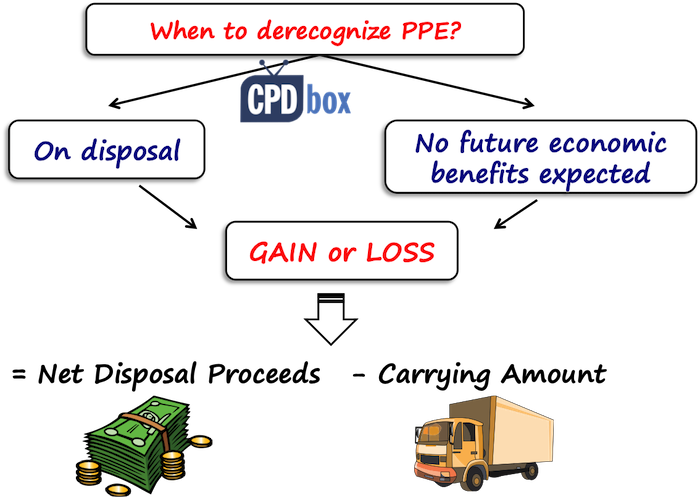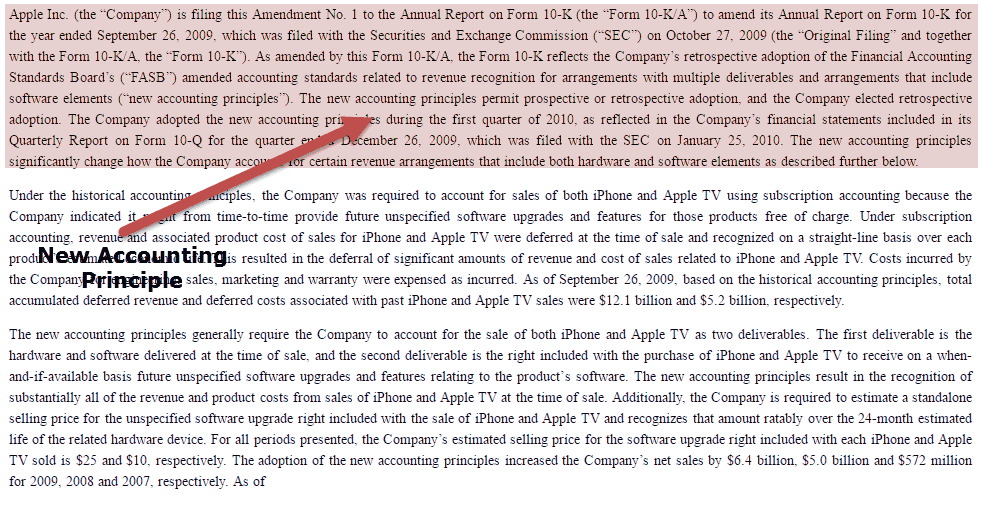

Read more on UK endorsement of IFRS standards. Please note that to access electronic versions of IFRS through the links in these standard trackers you need to have first logged into eIFRS. 'Which version of the standard?' is only available to members of the Financial Reporting Faculty.

This is normally achieved by the application of IFRS. It also requires financial statements to present fairly the position, performance and cash flows of an entity. The standard provides guidance on the form and content of the financial statements and the underlying accounting concepts. Other comprehensive income includes income and expenses not recognised in profit or loss such as revaluation surpluses. The statement of profit or loss and other comprehensive income may be presented either as one statement or a separate statement of profit or loss and statement showing other comprehensive income. The statement of profit or loss and other comprehensive income, as the name suggests, presents profit and loss for the period as well as other comprehensive income. IAS 1 Revised also requires a statement of financial position at the start of the earliest comparative period where there has been a retrospective adjustment to the accounts or reclassification of items.

The names of the main statements are not mandatory. A statement of cash flows (cash flow statement) for the period.A statement of changes in equity for the period.A statement of profit or loss and other comprehensive income (income statement) for the period.A statement of financial position (balance sheet) at the end of the period.SynopsisĪ complete set of financial statements includes: Find out more on which entities qualify and the criteria to be met. If extraordinary items were reported on the income statement, then earnings per share information for the extraordinary items were to be presented either in the income statement or in the accompanying notes.*UK qualifying parents and subsidiaries can take advantage of FRS 101 Reduced Disclosure Framework. It was material to the trend of annual earnings before extraordinary itemsĮxtraordinary items were presented separately, and after the results of ordinary operations in the income statement, along with disclosure of the nature of the items, and net of related income taxes. It was material in relation to income before extraordinary items Disclosure of Extraordinary ItemsĪn extraordinary item used to be separately stated in the income statement if it met any of the following criteria: International Financial Reporting Standards ( IFRS) do not use the concept of an extraordinary item at all. The intent behind reporting extraordinary items within separate line items in the income statement was to clarify for the reader which items were totally unrelated to the operational and financial results of a business. This level of specificity was needed, because companies tried to classify as many losses as possible as extraordinary items, so that they could be pushed down to the bottom of the income statement for reporting purposes. Conversely, an example of an item that did not qualify as extraordinary was weather-related crop damage in a region where such crop damage was relatively frequent. GAAP specifically stated that write-offs, write-downs, gains, or losses on the following items were not to be treated as extraordinary items:Įxamples of items that could be classified as extraordinary were the destruction of facilities by an earthquake or the destruction of a vineyard by a hailstorm in a region where hailstorm damage was rare. Thus, a business might never report an extraordinary item. In nearly all cases, an event or transaction was considered to be part of the normal operating activities of a business, and so was reported as such. The reporting of an extraordinary item used to be an extremely rare event. The formal use of extraordinary items has been eliminated under Generally Accepted Accounting Principles ( GAAP), so the following discussion should be considered historical in nature. An extraordinary item in accounting is an event or transaction that is considered abnormal, not related to ordinary company activities, and unlikely to recur in the foreseeable future.


 0 kommentar(er)
0 kommentar(er)
